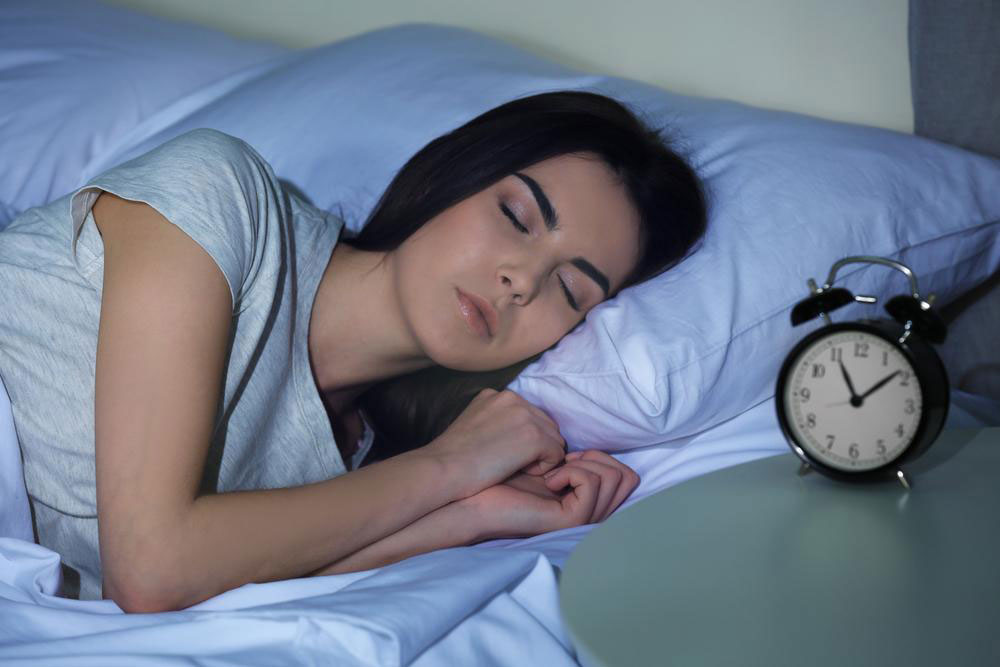Choosing the Best Sleep Aids for Better Rest
Discover effective sleep aids to improve sleep quality safely. Learn about different types of medications, their benefits, risks, and when to consult a healthcare professional. Find out how to choose the right sleep aid tailored to your needs and health condition for restful nights and better daily functioning.

Choosing the Best Sleep Aids for Better Rest
Getting quality sleep is essential for maintaining a healthy, energetic life. Occasionally, sleep issues arise, affecting mental clarity and daily productivity. When sleep problems persist, many consider using sleep aids to find relief. However, selecting the right medication requires careful research and medical guidance to ensure safety and effectiveness.
There are mainly two types of sleep medications: benzodiazepines and non-benzodiazepines. Benzodiazepines tend to depress the central nervous system, slowing down bodily functions. Non-benzodiazepines are newer and generally considered safer but still carry risks, especially for those with liver or kidney issues. These medications help with falling asleep, staying asleep, or both, but their effects and side effects vary.
Always consult a healthcare professional before starting any sleep aid. Discuss your sleep patterns and underlying health conditions to choose the appropriate medication. Some options, like ramelteon (Rozerem), aid in falling asleep; others, like doxepin (Silenor), help prolong sleep. Be aware that many sleep aids carry the risk of dependence, including drugs such as estazolam, eszopiclone (Lunesta), temazepam (Restoril), and extended-release zolpidem (Ambien CR). Always seek medical advice about potential side effects and safe usage.
Important Notice:
The information provided regarding symptoms, treatments, and medication side effects is for educational purposes only. It should not replace professional medical advice. Always consult licensed healthcare providers for diagnosis and treatment choices. Use the information responsibly and seek expert guidance for health concerns.










